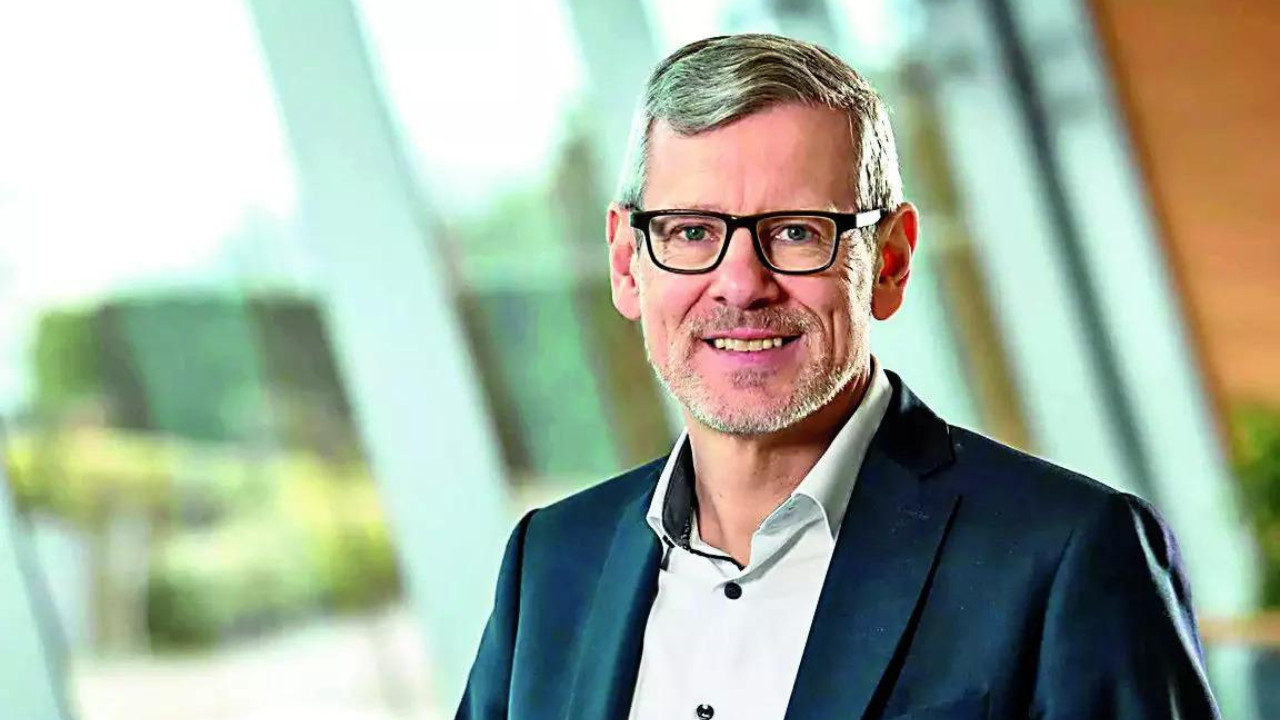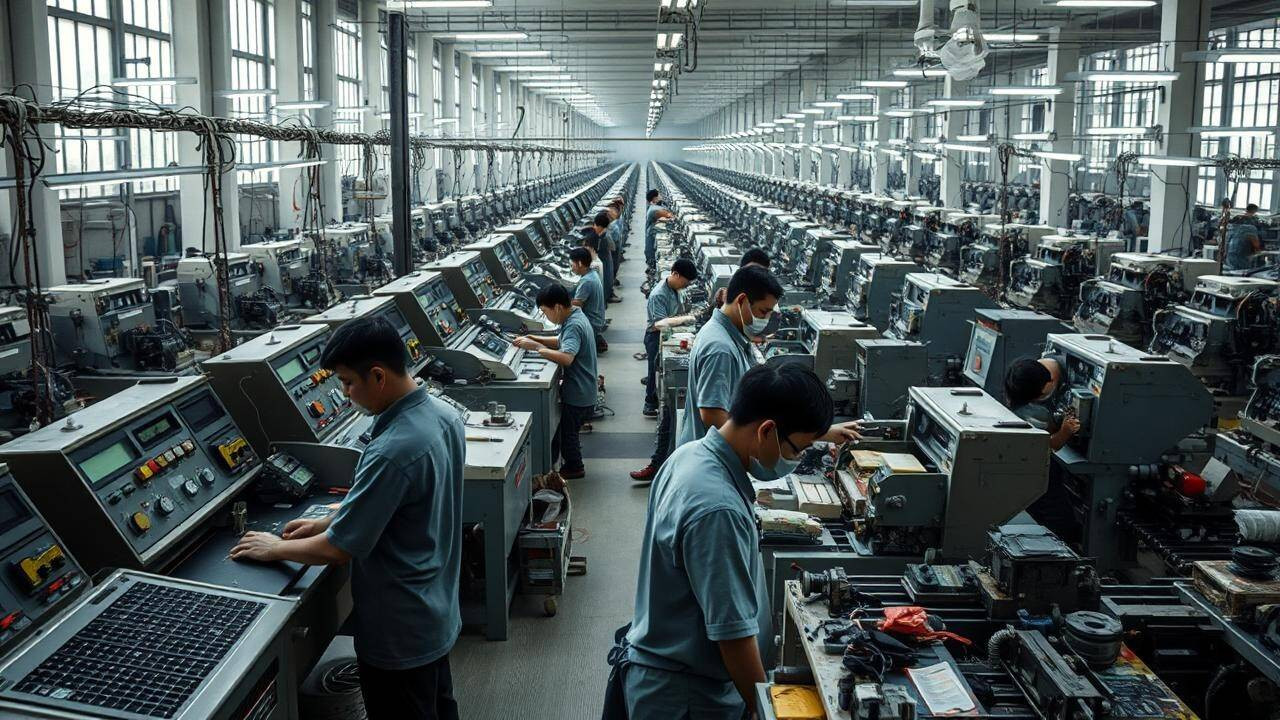Airbus has named Jurgen Westermeier as the new MD and president for India and South Asia, effective September 1, 2025. Westermeier, currently EVP & chief procurement officer, will take over from Remi Maillard, who is transitioning to EVP engineering for commercial aircraft and head of technology.
Airbus India Welcomes a New Leader: What This Means for the Future of Aerospace in Asia
Remo Westermeier has taken the helm at Airbus India and South Asia, marking a significant moment for the aerospace giant’s operations in the region. But what does this leadership change really signify, and what trajectory might we expect for Airbus in such a dynamic market? Let’s delve into the implications.
For years, Airbus has been steadily solidifying its position in India and the broader South Asian landscape. This isn’t just about selling aircraft; it’s about building an ecosystem, fostering partnerships, and contributing to the growth of the local aerospace industry. The appointment of Remo Westermeier signals a commitment to deepening this engagement. He brings a wealth of experience to the table, promising a fresh perspective and, potentially, a renewed focus on strategic growth areas.

Why This Matters: More Than Just a Change in Leadership
Leadership transitions at major corporations are always noteworthy, but this particular move feels especially pertinent. India is rapidly becoming a global economic powerhouse, and its aviation sector is experiencing exponential growth. The demand for new aircraft is soaring, and the country is investing heavily in its aerospace infrastructure.
Westermeier isn’t walking into a static situation. He’s inheriting a complex and evolving environment, one where competition is fierce and innovation is key. His strategic vision will be crucial in navigating these challenges and capitalizing on the opportunities that lie ahead. One key aspect to watch will be how Westermeier leverages Airbus’s global resources to further develop its local manufacturing and engineering capabilities within India.
The Focus on Localization and “Make in India”
The Indian government’s “Make in India” initiative has been a driving force behind many aerospace companies’ decisions to establish or expand their local presence. Airbus has already made significant strides in this area, and we can expect Westermeier to further champion this cause. This could involve increased investment in local manufacturing facilities, enhanced collaboration with Indian suppliers, and the development of indigenous talent through training and development programs. In fact, exploring the future of aerospace in India relies on developing home-grown capabilities and talent.
The implications extend beyond mere assembly lines. True localization involves transferring technological know-how, empowering local engineers and technicians, and creating a self-sustaining aerospace ecosystem. This, in turn, can lead to job creation, economic growth, and a greater degree of self-reliance for India’s aerospace industry.
Navigating a Competitive Landscape
Airbus isn’t the only player vying for a larger share of the Indian aviation market. Boeing remains a formidable competitor, and other regional manufacturers are also emerging. To succeed, Airbus needs to differentiate itself not only through its product offerings but also through its customer service, its commitment to sustainability, and its ability to forge strong partnerships with local stakeholders.
Westermeier’s experience in navigating complex international markets will undoubtedly prove valuable in this regard. He’ll need to foster a culture of innovation within Airbus India, encouraging his team to develop solutions that are tailored to the specific needs of the Indian market. This might involve adapting aircraft designs, offering customized financing options, or providing enhanced maintenance and support services.
The Future of Aerospace in South Asia
Beyond India, the broader South Asian region presents significant opportunities for Airbus. Countries like Bangladesh, Nepal, and Sri Lanka are also experiencing growth in their aviation sectors, albeit from a smaller base. Westermeier’s leadership will be crucial in identifying and pursuing these opportunities, ensuring that Airbus remains at the forefront of the region’s aerospace development. This includes developing sustainable solutions that cater to the diverse environmental and economic contexts of the region. To learn more about Airbus’s commitment to sustainability, you can explore their global initiatives here.
Ultimately, Remo Westermeier’s appointment represents a pivotal moment for Airbus in India and South Asia. His vision, leadership, and strategic acumen will be instrumental in shaping the future of the company’s operations in this dynamic and rapidly growing market. The next few years will be critical in determining whether Airbus can solidify its position as a leader in the region’s aerospace industry and contribute to the growth and development of the local economy.






